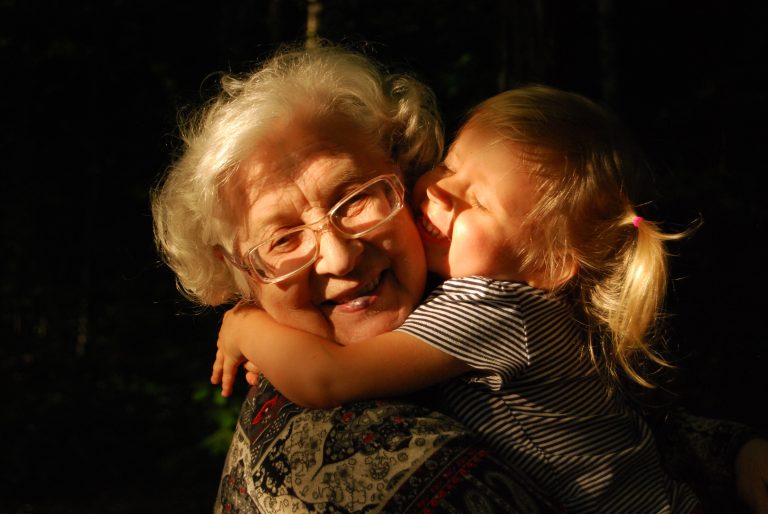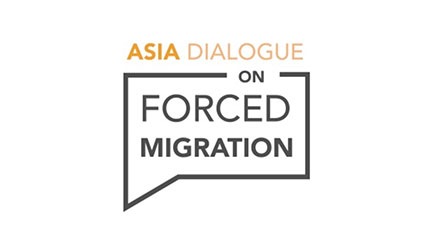In the last issue of Thinking Points, John Menadue urged our leaders to listen to their own ‘better angels’ when dealing with the contentious issues of asylum seekers and strangers. I want to extend this – we should not just aim to adopt this attitude to outsiders but design social and economic systems that assume the likelihood of goodwill in most of us.
If we start by assuming that people are generally predisposed to altruism and social responsibility, we move away from one of the tenets of market societies – that people are driven by rational self interest and greed. The basic assumption of cooperation and goodwill forms the basis of civil social democratic societies where some risks need to be shared with equity and fairness. We need to move away from our dependency on economic systems that are built on individual competition and distrust which justify the need for coercive control to manage its ‘brutish’ citizens.
When media and politicians use fear to undermine the necessary trust that binds us, triggering widespread moral panic, we create ugly social phenomena. Boat arrivals and swine flu show how easily a fear of strangers and the unfamiliar can be used to undermine social cohesion – the same social cohesion that is needed to deal with such events without causing panic. It is incumbent on our political leaders and media to refrain from exploiting the situation by playing on these fears for sales or votes.
Too many politicians are also ready to exploit populist emotions to cash in on cataclysmic events (which are then supported by media sensationalism). ‘Catastrophising’ certain situations or events such as climate change, global finances, SARS, bikies, boat people, swine flu, flood, fire and famine, may garner votes but cause serious social fractures and apocalyptic visions that can lead to mass panic. The post-war compact of the welfare state has been undermined by shifting risk from the public sphere to push market options on individuals and families. The creation of two-tier health and education systems – the best for those who can afford to pay – has made our social connections more fragile. Managing potential economic, social and environmental crises civilly involves shifting back to social policies that provide collective security. These policies can mitigate the anxieties and social tensions that make us vulnerable to emotional and irrational responses.
This is why, in the midst of this climate of political exploitation and media scaremongering, I have been trying to find answers for question proposed by the Government’s Henry Tax Review: what sort of society do Australians want? My response aims to describe a society that uses the public purse to create the payments and services that make a more resilient society. It aims to describe a society which has positive expectations of our social capacity. If we can accept the premise that most people manifest goodwill, we need an emphasis on policies that develop Australians’ capacity to work together for the common good. This may mean higher taxes, but it should also mean more effective public health and education systems and a greater capacity to prevent, as well as deal with, crises. Ken Henry, Head of Treasury, would appear to agree as his ACOSS speech shows:
"Leaving fairness solely to the market to determine should be unacceptable to a civilised society. Societies will choose how much inequity they allow according to the institutions, norms, laws, policies and programs they adopt."
Next week’s Budget will show the government’s priorities. I hope the government will genuinely eschew their past faith in markets and tax cuts and show that they are ready to support collective well-being. However, signs like more coercive youth payments and the size of spending on defence items do not make me optimistic.



